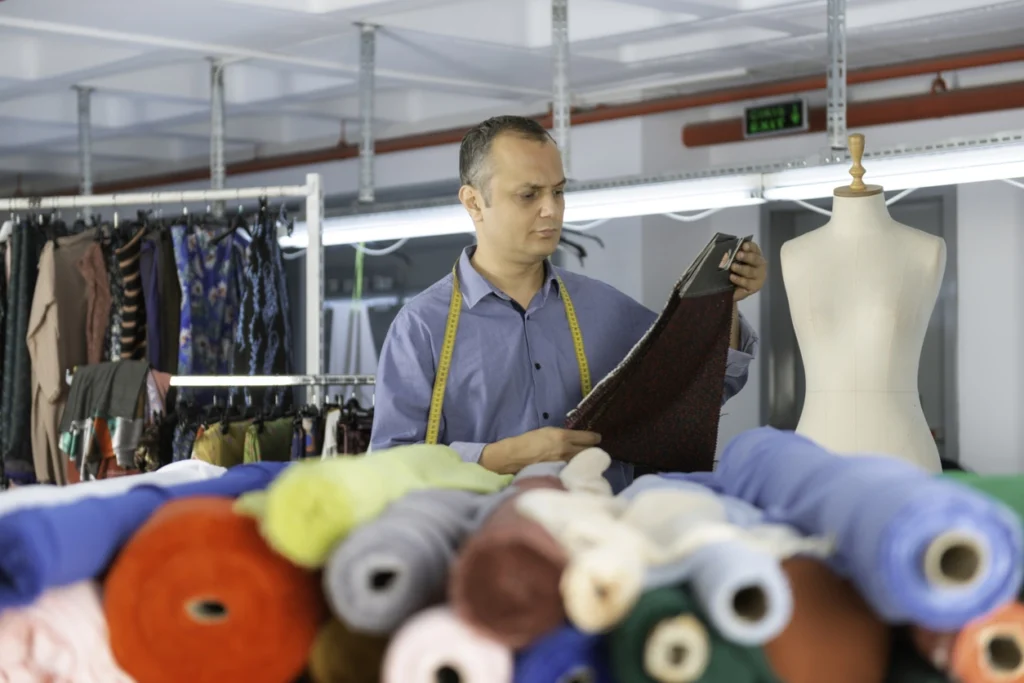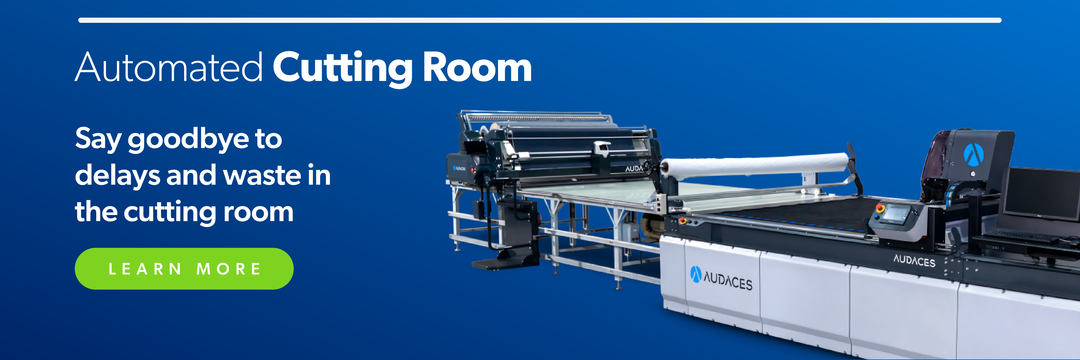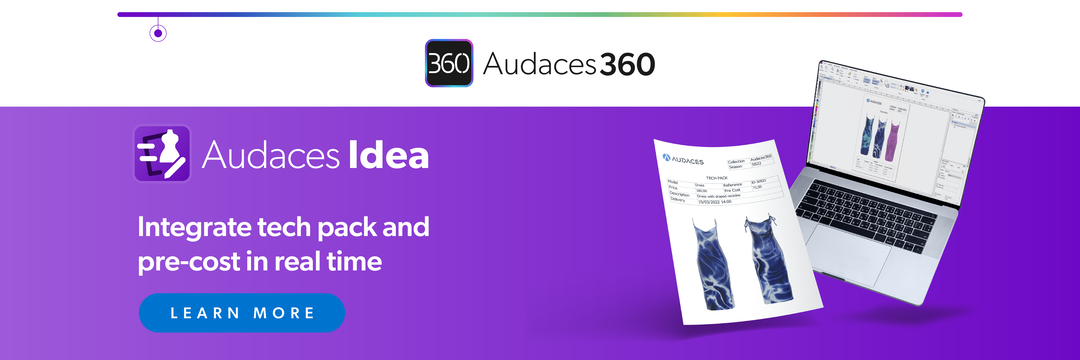Summary
- The world of apparel manufacturing is complex, with numerous intricate processes involved in bringing a design to life.
- To ensure these processes run smoothly and deliver a flawless final product, a skilled production manager plays a vital role.
- With the help of technology, every production stage can be optimized. Try Audaces360 for free and improve your company’s efficiency!
A production manager is the central figure responsible for planning the production line of a fashion company’s collections.
Their work is crucial, ensuring high-quality production that meets goals and adheres to established delivery deadlines.
Learn more about the full scope of responsibilities this professional has and how they can be essential for your company’s growth.
Enjoy your reading!
Sumário
How important is a production manager in the fashion industry?
A production manager is incredibly important in the fashion industry. They play a critical role in transforming a designer’s vision into reality.
This involves overseeing all the stages of production and coordinating the efforts of numerous professionals.
They act as a vital communication link between designers, manufacturers, suppliers, and other internal teams and the ability to keep everyone on the same page is essential for achieving shared goals.
It is the expertise of this professional that ensures the smooth operation and ultimate success of a fashion company.
Learn more: How mass production can boost your apparel manufacturing results

What does a production manager do?
A production manager oversees the entire production flow, from raw materials to finished goods.
This includes managing critical stages like marking, cutting, sewing, finishing, wrapping, packaging, and labeling.
They are also responsible for material procurement, ensuring raw materials are ordered on time and meet quality standards.
Team coordination is another crucial role, as the manager leads and collaborates with production line professionals to foster clear communication and efficient teamwork.
Quality assurance is also a key responsibility. A production manager oversees the manufacturing of garment components, meticulously ensuring they adhere to the company’s specifications and quality standards.
Furthermore, production managers are tasked with cost control within the manufacturing sector. They actively monitor and control spending, identifying areas for optimization and cost reduction.
Additionally, they are continuously looking for ways to improve by analyzing and evaluating work processes, equipment, and tools.
Their focus is on process improvement, aiming to enhance both production efficiency and the overall quality of the garments.
Learn more: 5 strategies to optimize your production with efficient fashion
What is the difference between a production manager and a manufacturing manager?

The distinction between a production manager and a manufacturing manager can vary depending on the company structure.
In smaller businesses, these roles might even be combined. Let’s explore the key differences between these two roles:
Production manager
The focus of a production manager is to oversee the specific processes involved in transforming raw materials into finished products, which can include:
- Planning and scheduling production activities.
- Managing workflow on the production line.
- Ensuring quality control throughout the production process.
- Coordinating with various teams like material procurement and quality control.
- Optimizing production efficiency and minimizing waste.
Manufacturing manager
A manufacturing manager leads the broader aspects of manufacturing operations, including production but also other areas:
- Managing the production department, including production managers.
- Overseeing facility maintenance and equipment upkeep.
- Ensuring compliance with safety regulations and environmental standards.
- Budgeting and resource allocation for the manufacturing department.
- May be involved in developing and implementing new manufacturing processes.
Learn more: 4 key steps to streamline your fashion production process
How is the intermediation between sectors?
It is important to highlight that a production manager does not act alone and is in constant intermediation with other sectors of the company, such as marketing and finance.
This is because, despite acting independently, production managers need to work together with all other managers to achieve the company’s goals.
In this sense, it is difficult for a company to obtain good results without these three departments, since marketing creates demand for products and services, in addition to developing communication and dissemination strategies.
Their insights into customer needs and trends directly inform production decisions.
Meanwhile, the financial sector manages the resources available for production, development of campaigns, and the production areas themselves.
Production managers collaborate with finance to ensure budgets are allocated in line with production plans.
Learn more: Explore the benefits of industrial technology in the fashion sector
The step by step of a successful production manager
Although the main function of the production manager is to monitor the garment production process and ensure that everything is working perfectly, this process has a series of steps that need to be fulfilled to achieve all the goals set.
1) Management of the inputs and raw materials department
Good management must ensure that the materials needed to service production on the factory floor are available at the time and in the correct quantities.
This way, the production manager can better manage the raw material purchase processes according to the production demand.
Learn more: Learn more about fabric yield and avoid waste in your production
2) Management of professionals on the factory floor
A production manager’s responsibility goes beyond just caring for materials. It is also the responsibility of this professional to ensure that the manufacturer has a staff of trained employees to meet the demands of manufacturing.
3) Supervision of maintenance
Aiming at better performance, to reduce and avoid production stoppages, all maintenance processes must be up-to-date, and at the same time, ensure that they are being done correctly and safely.
There are different types of maintenance, and among them, the main ones are total productive, corrective, preventive, and predictive.
4) Guarantee the quality of products

The production manager must also work with the quality team to certify that the manufactured products are of the expected quality standard, without defects, and within pre-established conformities.
Another important point is that in order not to be left or missing products and materials on the shop floor, the production manager must ensure that the quantity produced is correct to meet customer orders and the company’s strategies.
Learn more: Discover how can technology revolutionize menswear production
5) Manage cost controls
This same production manager must also monitor and control the company’s expenses during the entire production, ensuring the expected result.
In addition, this professional can identify strategies to reduce costs and avoid waste, consequently improving the company’s results in general.
And very importantly, it is also necessary to work together with the marketing manager and the financial manager. This is because they have to be in tune with the amount of sales, brand positioning, deadlines and the main goals of the company.
How does technology help a production manager’s work?
Technology streamlines manufacturing processes by automating tasks with intelligent equipment and digital systems, reducing manual labor and minimizing errors.
This allows production managers to achieve higher levels of efficiency and output.
Advanced software and analytics tools empower production managers to collect and analyze data in real time, including machine performance, production speed, and defect rates.
They can monitor these key performance indicators (KPIs), identify trends, and make data-driven decisions to optimize production processes, minimize downtime, and improve overall performance.
This kind of solution also facilitates seamless communication and collaboration among production teams, suppliers, and other stakeholders, enhancing coordination, reducing delays, and improving overall teamwork.
Learn more: Find out how – and why – to apply textile automation in your company
Eliminate invisible costs in your fashion production with Audaces
Our cutting-edge technology solutions are designed to empower the fashion industry. We help businesses identify and eliminate invisible costs that even the most skilled professionals might miss.
These hidden expenses can take many forms, such as inefficient collection management, which can lead to production delays and lost sales opportunities, wasteful fabric markings, and poor-quality patterns, resulting in production errors and rework.
Audaces Cutting Room
Our customized Audaces Cutting Room project delivers a cutting room specifically designed to match your unique production goals and demands.
A consultant will reach out to understand the intricacies of your company, and then provide a comprehensive diagnosis and a personalized quote for your cutting room.
Some of the significant advantages include enhancing both efficiency and accuracy with automated cutting technology, achieving consistent and precise garment cuts, minimizing waste, and guaranteeing quality.
Get your customized free project now!
FAQ
They play a critical role in transforming a designer’s vision into reality. This involves overseeing all the stages of production and coordinating the efforts of numerous professionals.
A production manager oversees the entire production flow, from raw materials to finished goods. This includes managing critical stages like marking, cutting, sewing, finishing, wrapping, packaging, and labeling.
Technology streamlines manufacturing processes by automating tasks with intelligent equipment and digital systems, reducing manual labor and minimizing errors. This allows production managers to achieve higher levels of efficiency and output.










